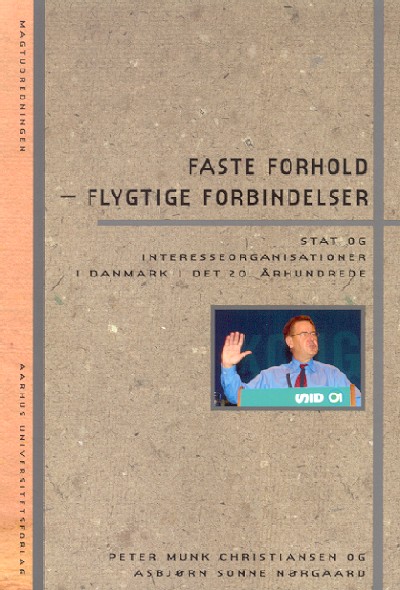It is a longstanding tradition that interest organizations play a significant role in the formulation, decision and implementation of legislation. Employee and trade organizations have been especially close with political and administrative decision makers. With time, organizations for culture, education, church, sports, environment, health, social issues, etc. have joined the group of political actors.
The book shows that the tradition of including organizations was founded already before World War One, but that the corporatist society enjoyed its golden age during the first decades after World War Two. Since then, conditions have gradually changed. Today, the interplay with organizations is more pluralistic and open, and MPs are less concerned about the organizations political influence than earlier. Nonetheless, there is a growing inequality in terms of the organizations that have close relationships with government officials in the central administration and with Parliament. It is mainly organizations with a large membership base and lots of money that have the most contacts in Parliament.
